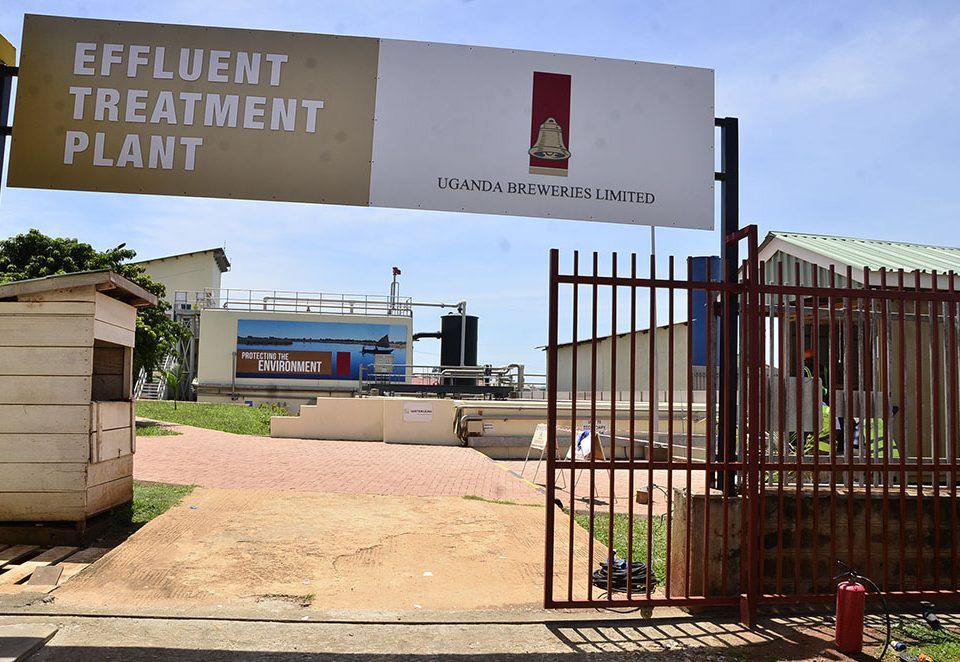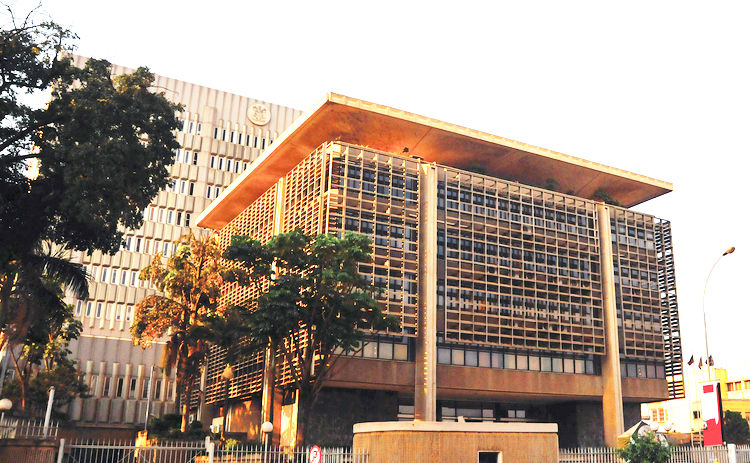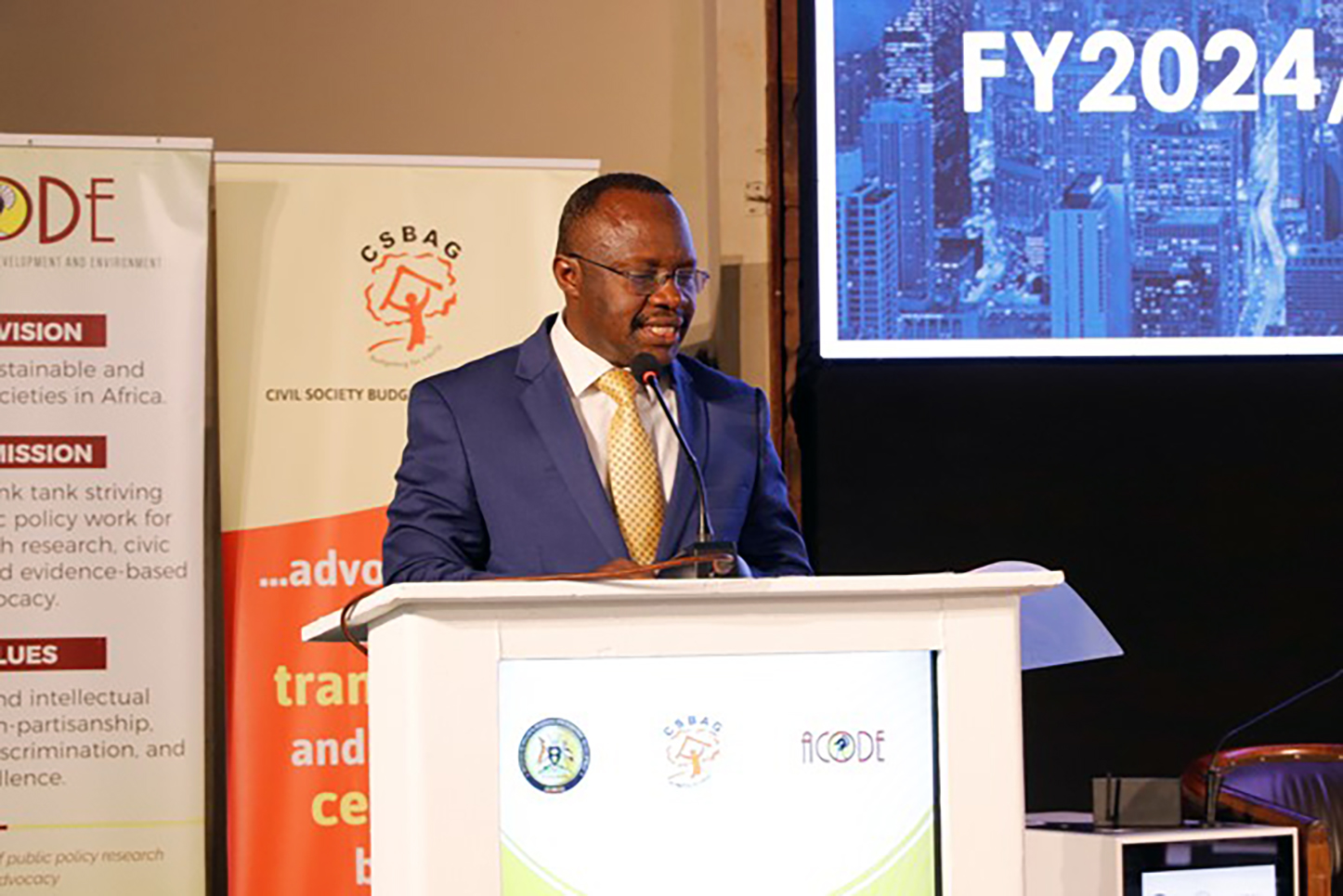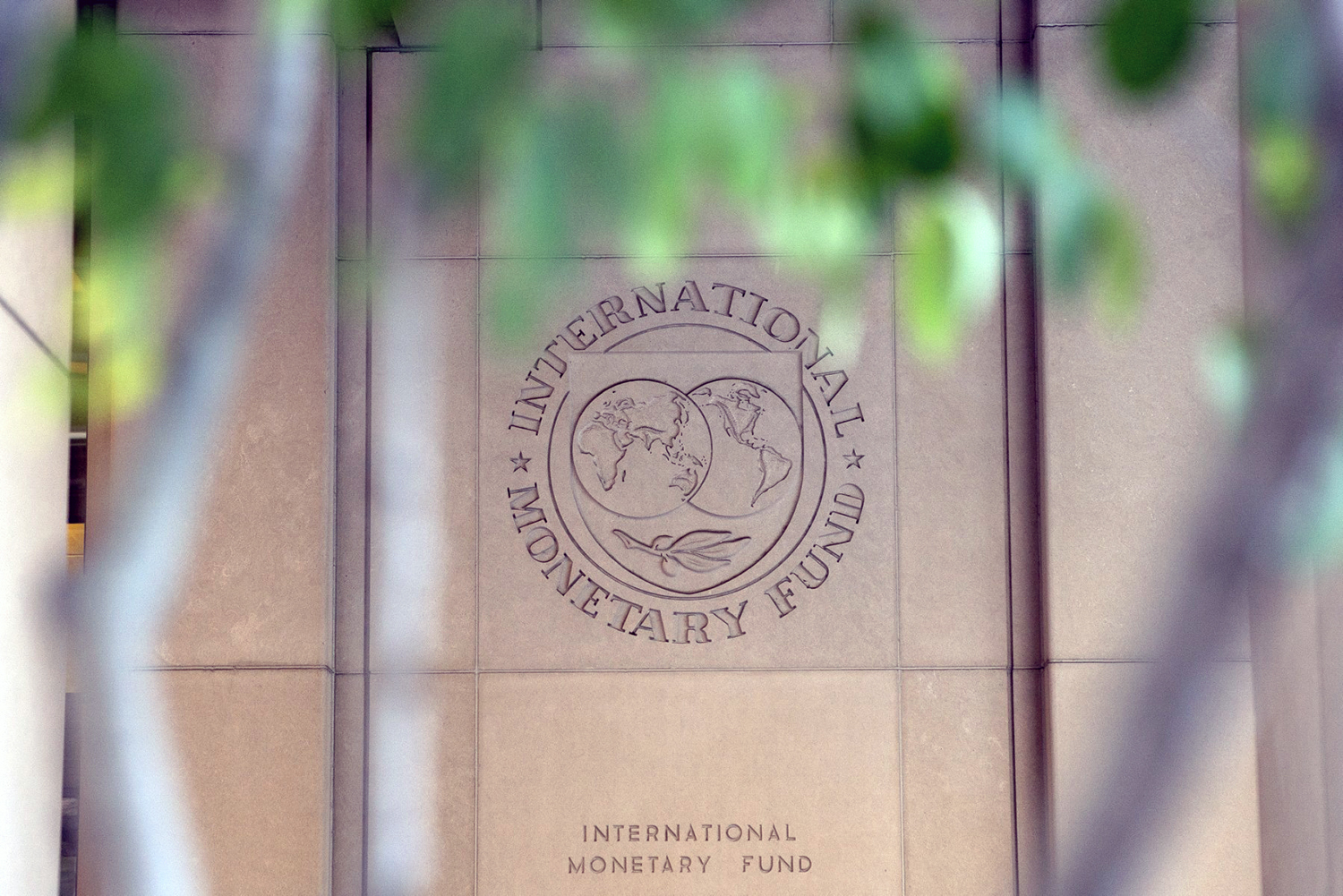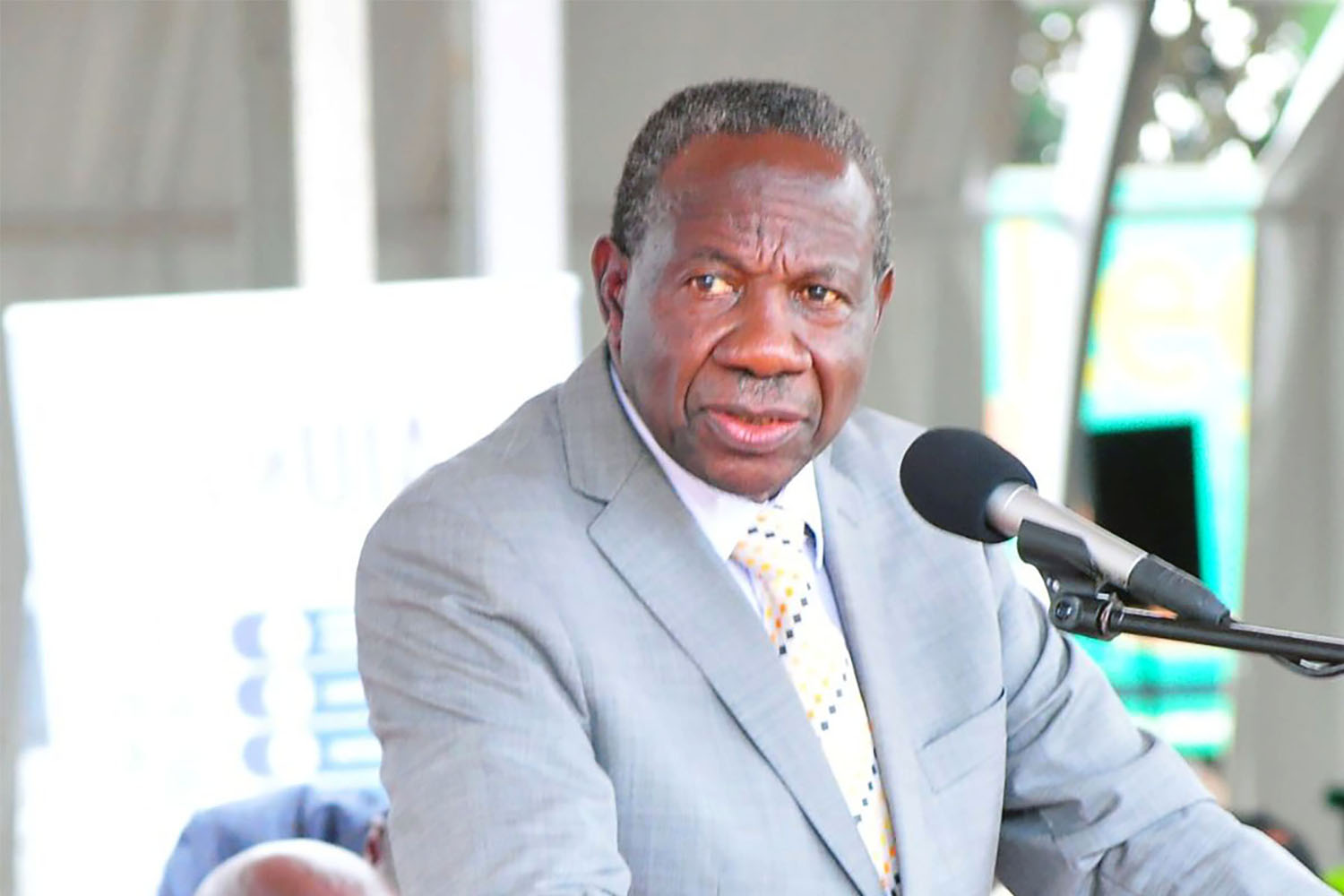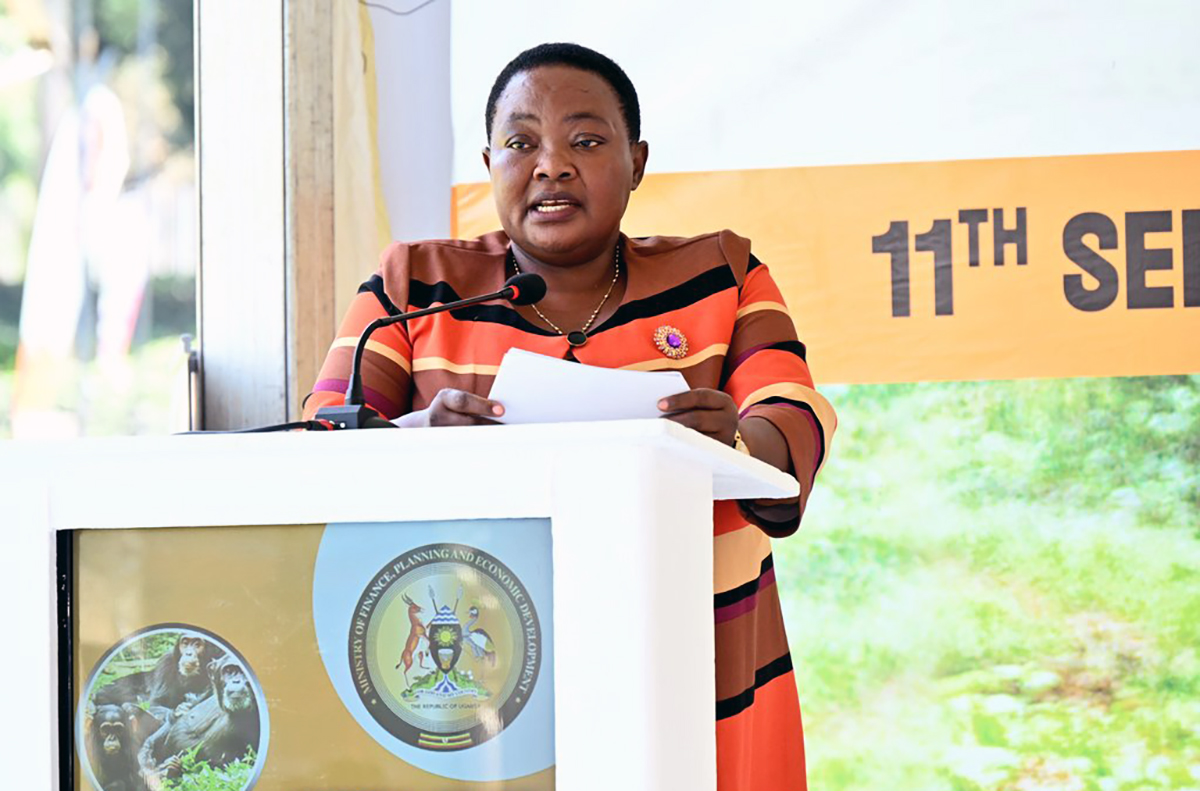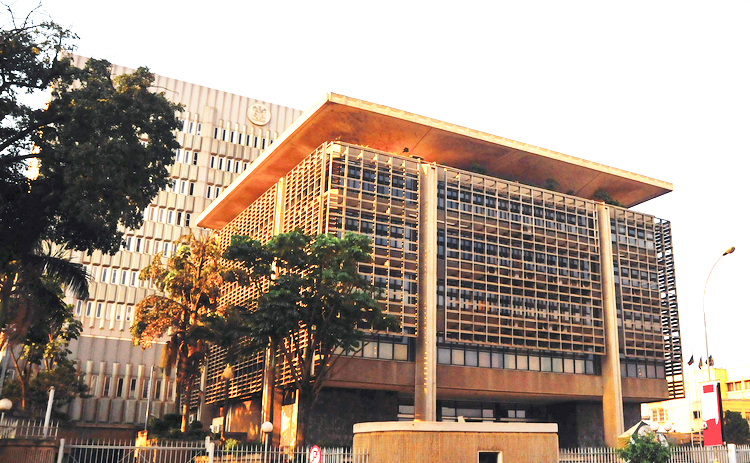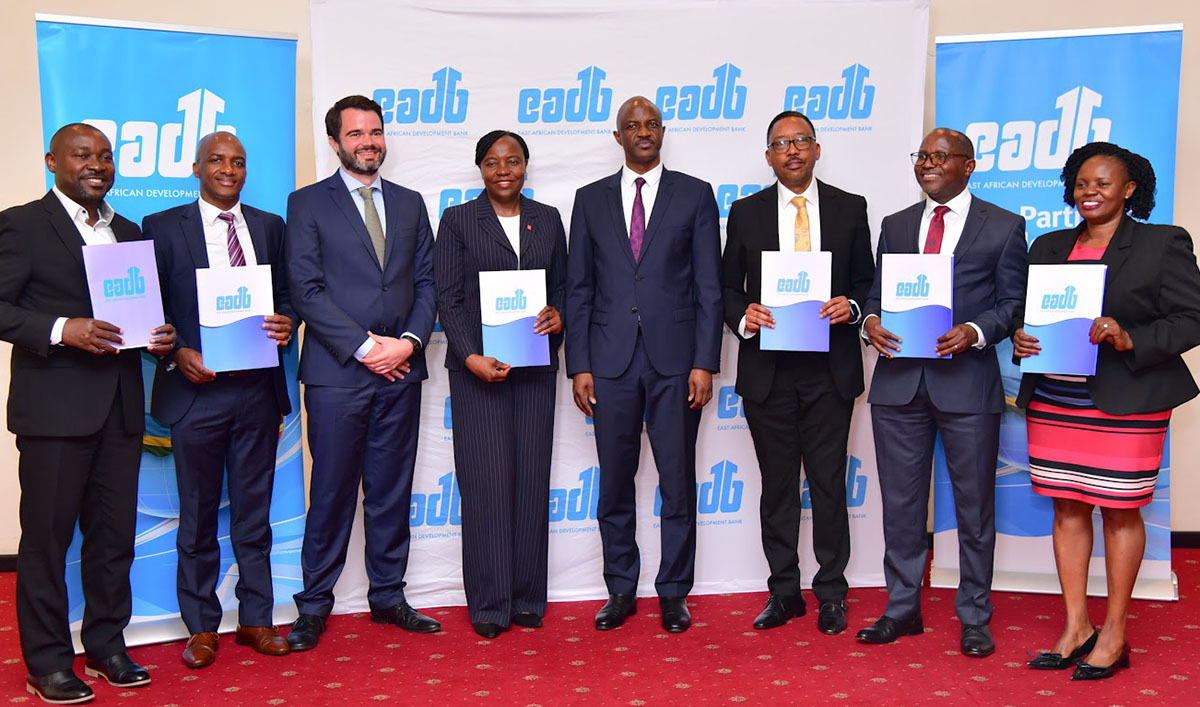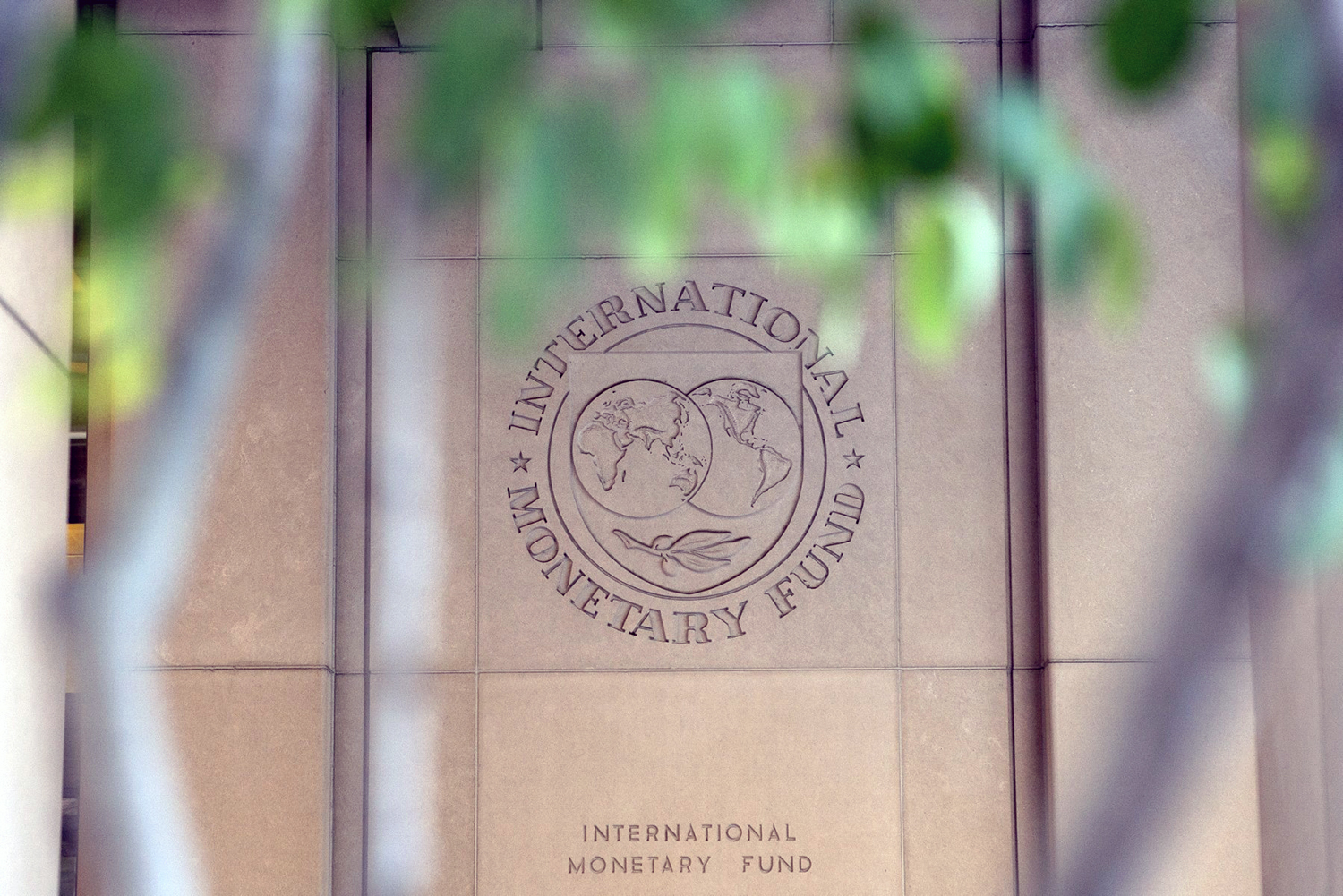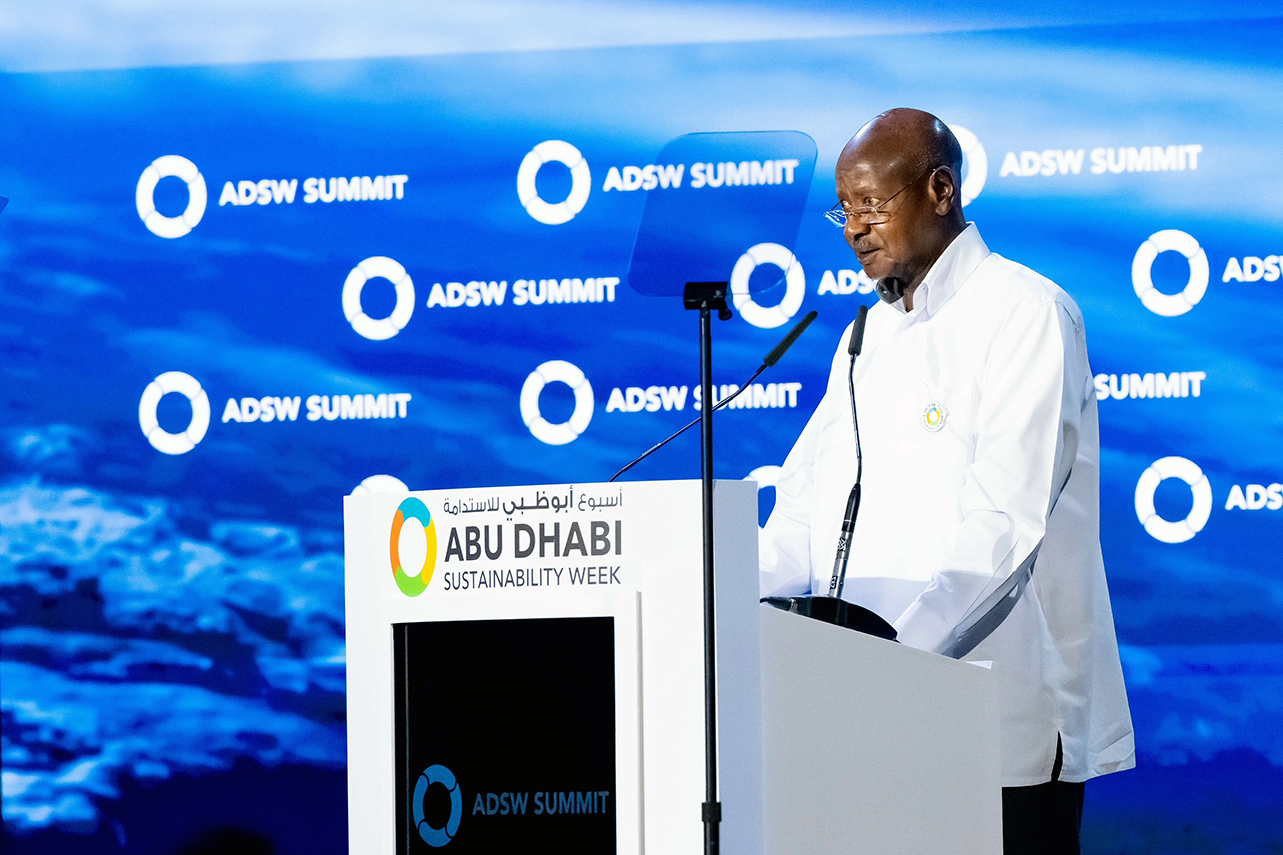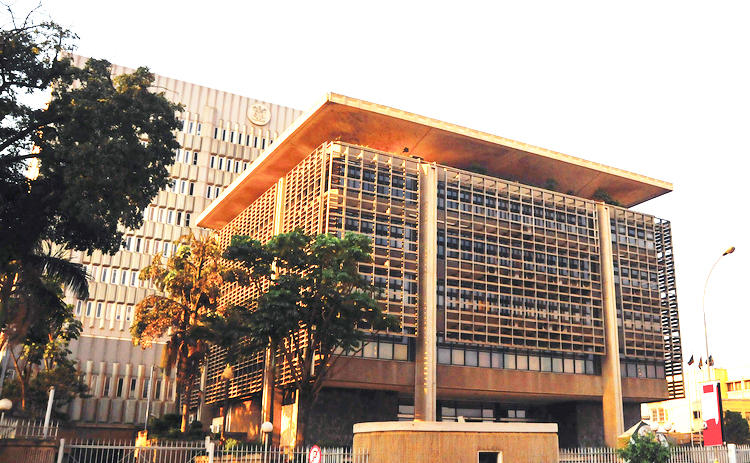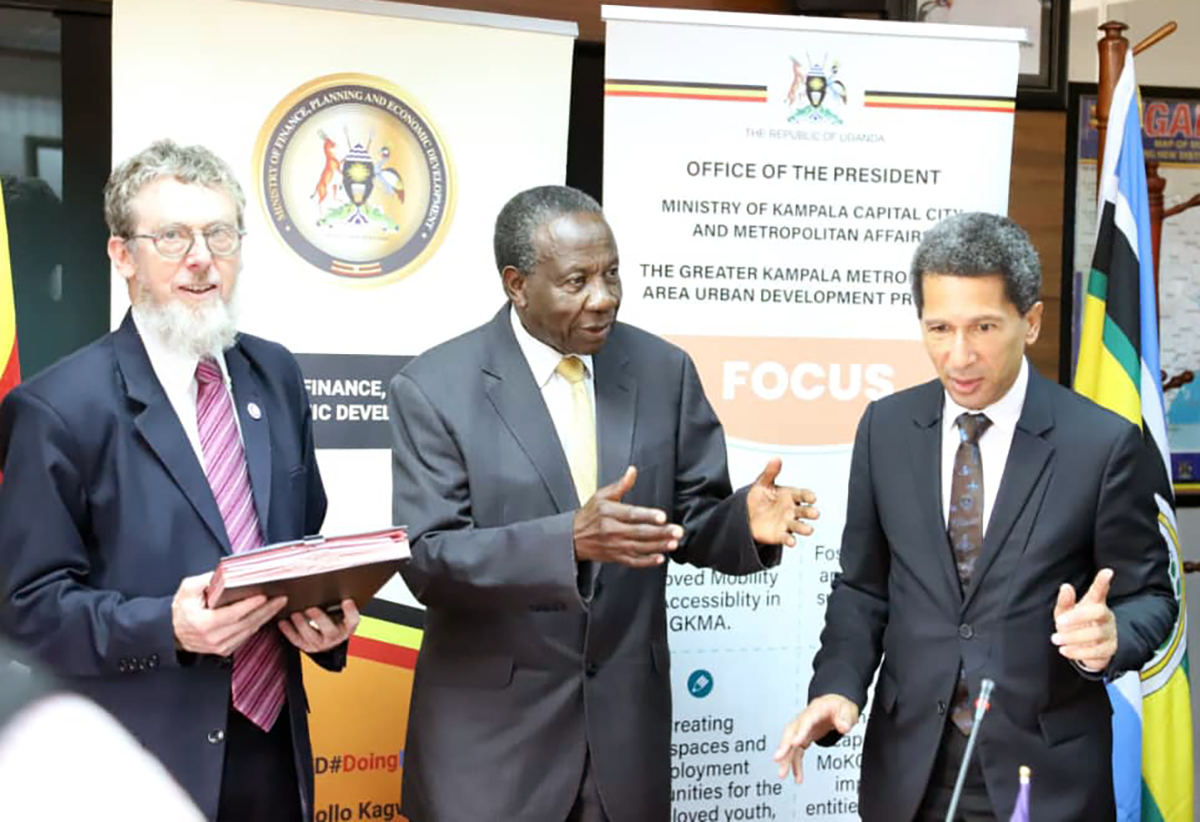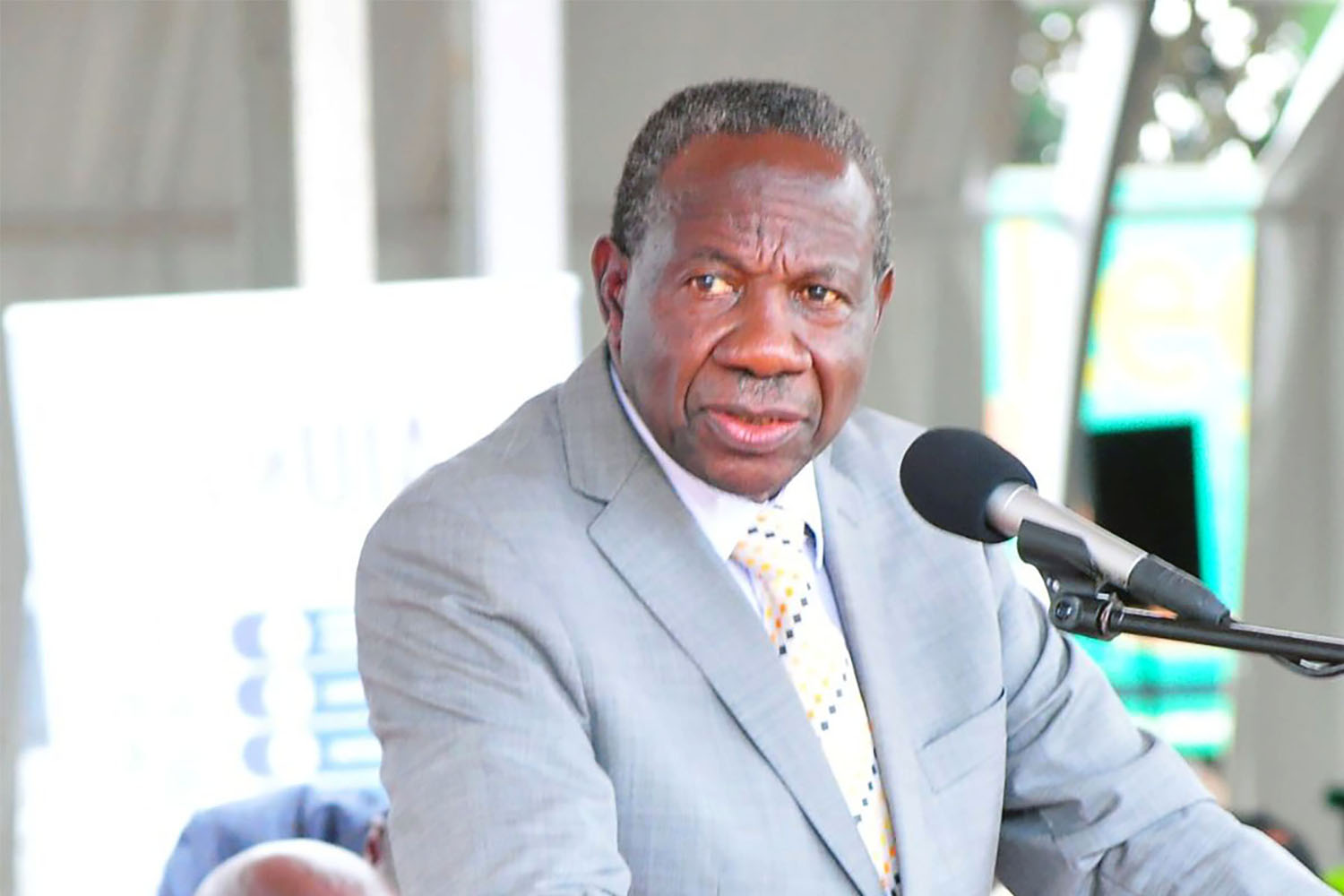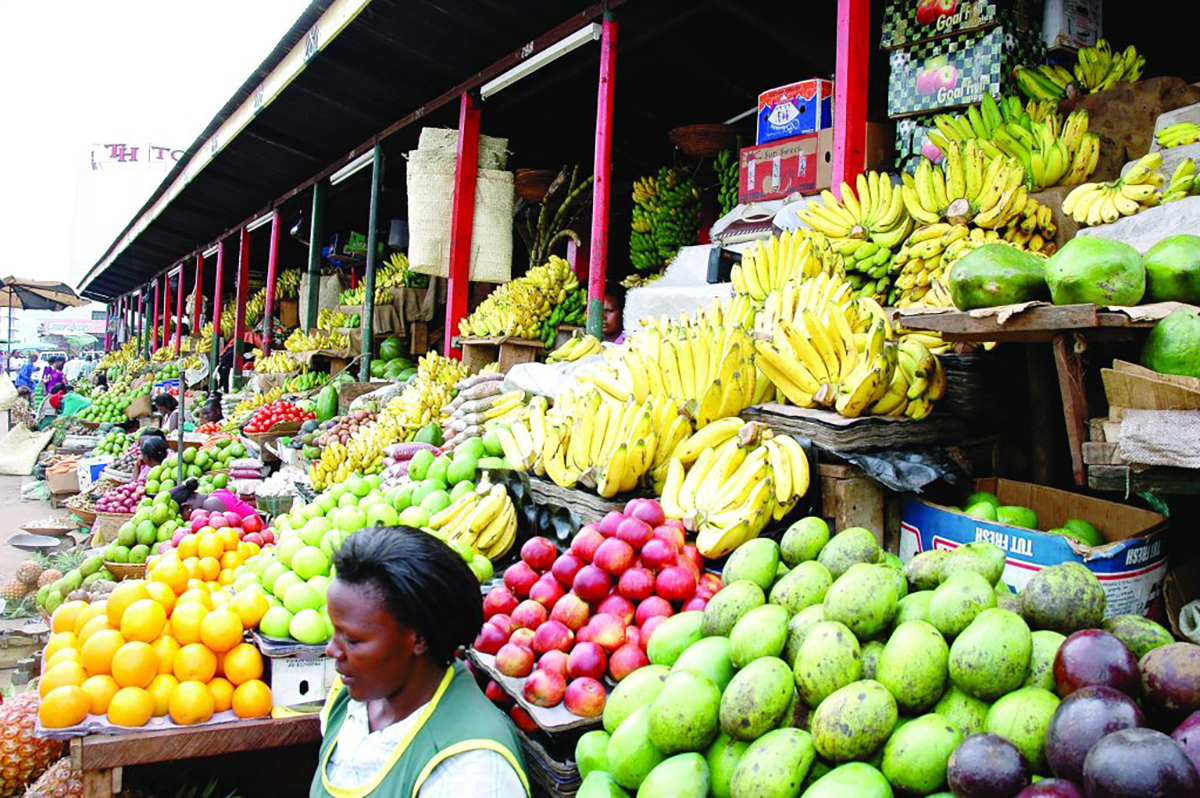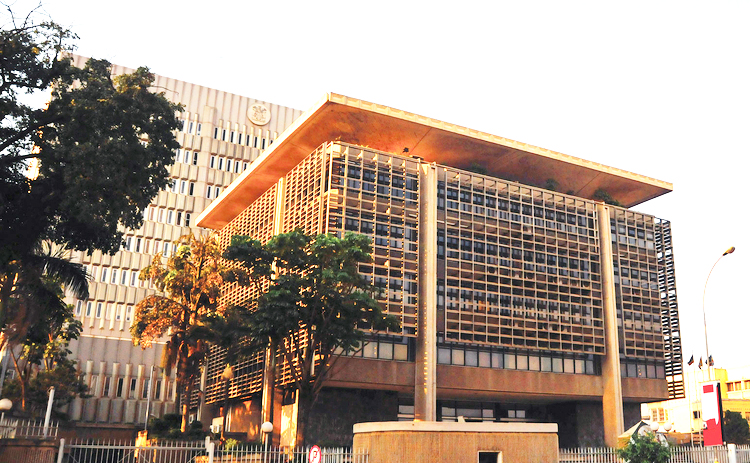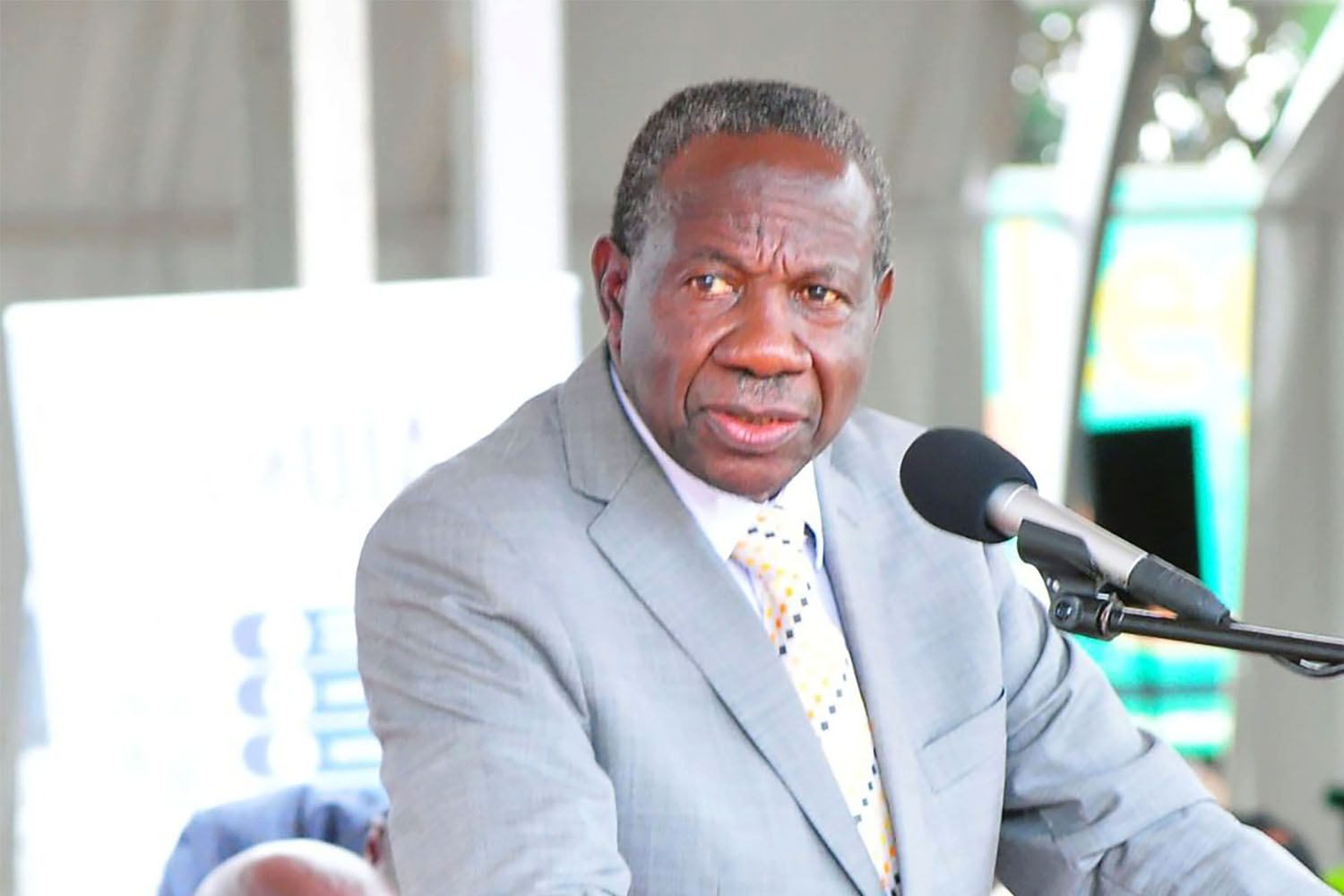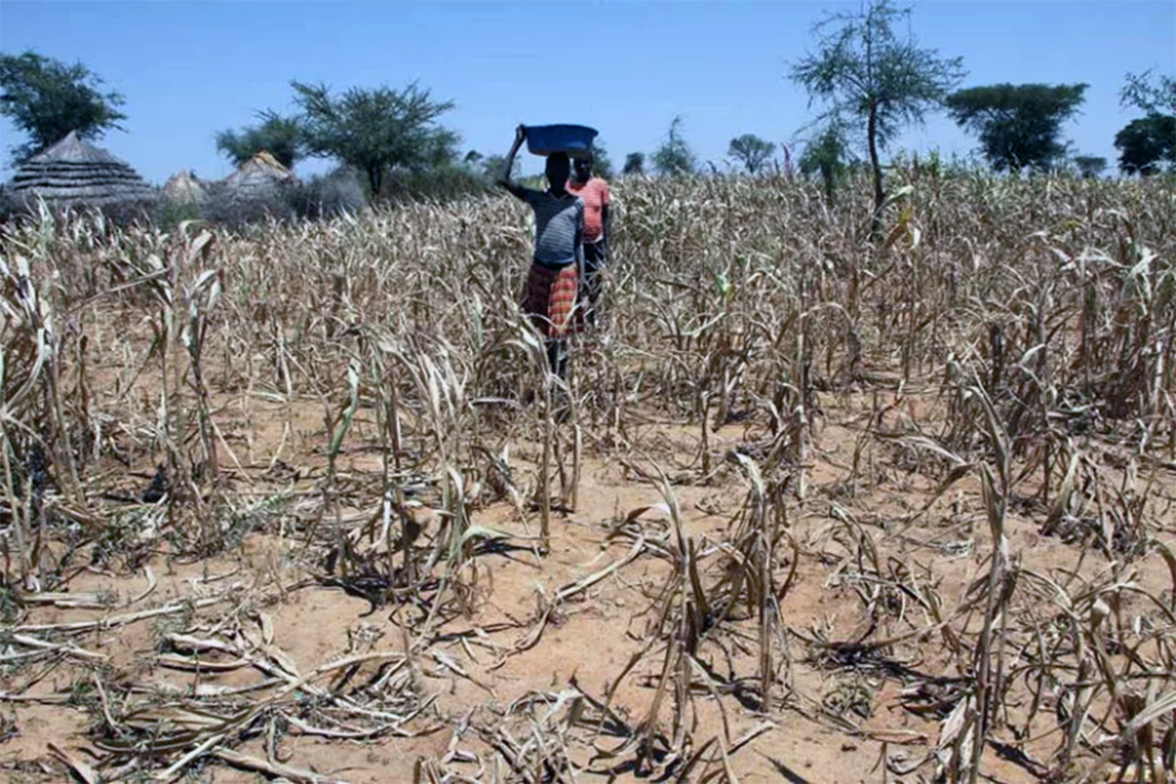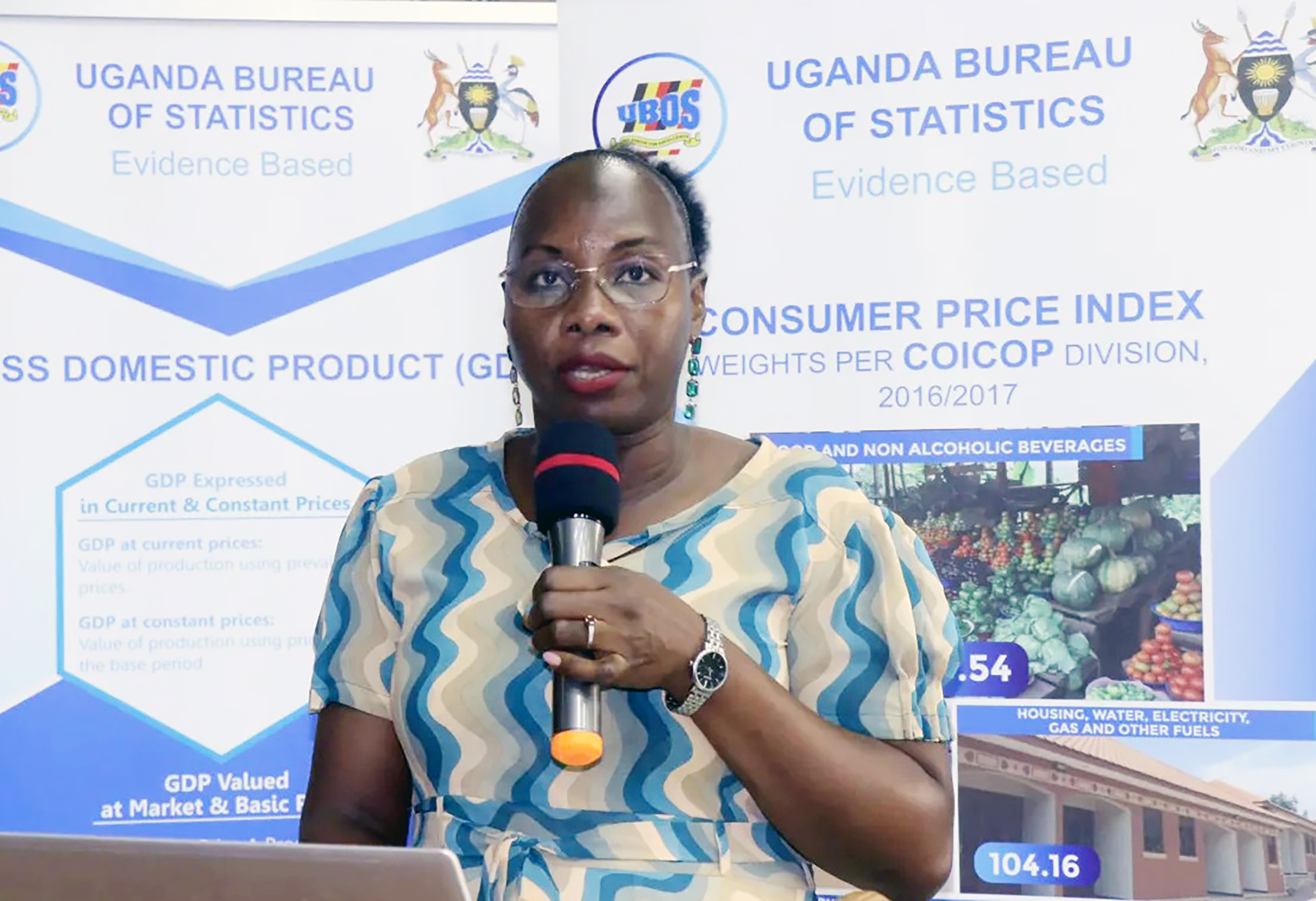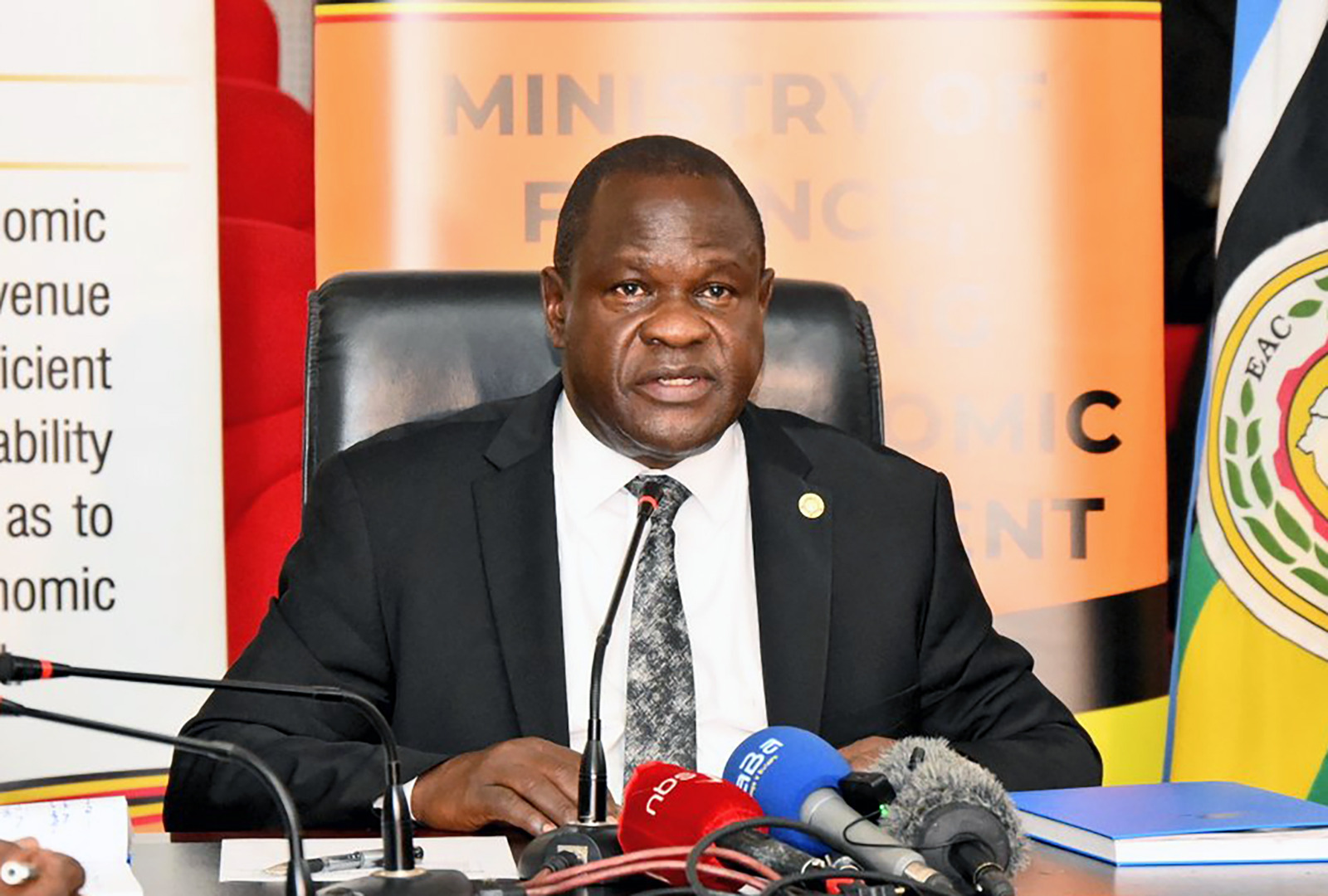Economic uncertainty as Uganda’s credit rating is downgraded

Matia Kasaija, the Minister of Finance, Planning and Economic Development, has a lot to ponder about.
Global credit rating agency Moody’s Ratings has downgraded Uganda’s long-term foreign-currency and local-currency issuer ratings to B3 from B2, a development that implies that going forward Uganda’s bonds would be less attractive to international investors and the government would have to borrow at higher interest rates from both global and local lenders.
In its latest rating note on the sovereign, Moody’s said the downgrade of the ratings reflects diminished debt affordability and increasingly constrained financing options, amid greater reliance than in the past on comparatively costly domestic and non-concessional sources of external financing.
According to Moody’s, Uganda’s external vulnerability risk remains elevated, a reflection of a more challenging external debt servicing profile, the persistence of tighter global financial conditions, and diminished foreign exchange reserve adequacy.
- It said downside risks relate to debt affordability and external vulnerability challenges, adding that the structure of Uganda’s debt has gradually but markedly become less favourable over the past few years and that higher reliance on domestic and non-concessional sources of external financing has contributed to an increase in the government’s borrowing costs.
Although Uganda’s debt burden, which stood at 47.1% of GDP in FY 2022/2023 is below the median of B-rated peers (53.1% of GDP), the weighted average interest rate for Uganda’s total debt stood at 7.3% as of December 2023, having risen from 6.4% in June 2022 and 5.6% in June 2019. The country’s net domestic financing amounted to 3.6% of GDP annually between fiscal 2020 and fiscal 2023 on average, compared to 1.4% of GDP over the preceding four fiscal years, according to the rating note.
The rating agency said domestic debt makes up 41% of public debt as of fiscal 2023 but 80% of interest payments. The share of public external debt on non-concessional and commercial terms has also increased, representing 26.7% of the external debt stock in December 2023.
- It also noted that the country’s debt affordability has consequently weakened, with a widening gap between Uganda and rating peers that Moody’s expects will persist. Interest payments consumed 22.2% of government revenue in fiscal 2023, up from 14.2% in fiscal 2019.
 Michael Atingi-Ego, the acting Bank of Uganda Governor.
Michael Atingi-Ego, the acting Bank of Uganda Governor. President Yoweri Museveni at the launch of oil drilling in the oil region. Oil production projects are expected to lift the country's economic fortunes.
President Yoweri Museveni at the launch of oil drilling in the oil region. Oil production projects are expected to lift the country's economic fortunes. Analysts said efforts to contain borrowing costs have been complicated by a tighter global financing environment and the recurrent use of supplementary budgets, driving increased domestic issuances. For example, the adoption of a supplementary budget in December 2023 raised the target for domestic borrowing in fiscal 2024 by up to UGX3.5 trillion, Moody’s said in the rating note.
It added that beyond the increasing cost of debt, the higher reliance in recent years on net domestic financing and ad-hoc funding methods – such as advances from the Bank of Uganda (BoU) to the government to cover temporary deficiencies of recurrent revenue – points to increasingly constrained access to funding.
Additionally, Moody’s said the suspension of new World Bank project approvals, which remains ongoing since August 2023 in response to Uganda’s enactment of the Anti-Homosexuality Act (AHA), risks adding to the government’s growing dependence on non-concessional financing if further sustained, given that World Bank is one of Uganda’s largest creditors, accounting for around a fifth of Uganda’s public debt.
In turn, more restricted financing options risk contributing to keeping the cost of debt high, the rating note added. The note stated that Uganda’s external vulnerability risk remains higher than in the past, a reflection of a more challenging external debt servicing profile, the persistence of tighter global financial conditions, and diminished foreign exchange reserve adequacy.
- It added that the country will continue to face a more challenging external debt servicing profile over the next few years, as principal repayments on external borrowings rise and repayments to the IMF begin from 2025 onward, according to the rating note.
- While revenue collection remains weaker than regional peers, gradual improvements have been made since 2010; the overall government revenue ratio has nearly doubled from 8% of GDP in that year to 14.4% of GDP in fiscal 2023. Under its medium-term revenue strategy, the government remains committed to increasing the ratio of domestic revenue collection to GDP by 0.5 percentage points annually, including through the rationalisation of exemptions and improved tax administration.
Moody’s expects growth to accelerate to a rate of 6-7% over the medium-term horizon, on the back of the developments in the oil sector, ongoing investments in transport and energy generation infrastructure to address structural constraints, and favourable demographic trends. These dynamics are balanced by the economy’s small size, vulnerability to climate-related shocks, and low wealth levels, limiting shock-absorption capacity. Moody’s said Uganda’s prospects over the longer term will be shaped by progress in oil sector investment.
The sector could strengthen growth, fiscal revenue, and the external position, which would bolster Uganda’s creditworthiness provided prudent management of oil wealth. Despite progress, the completion of oil infrastructure projects remains vulnerable to implementation risks, as past delays indicate.
However, further delays in the start of oil production would lead to wider external deficits over the longer term if debt—contracted mainly to finance oil-related projects—were not compensated by higher foreign-exchange receipts and revenue generation capacity.



.jpeg)






